The body is usually good at regulating its temperature within a narrow and safe range despite the variations in temperatures outside the body. However, some factors such as illness, the food you consume, and exertion may affect the body’s ability to regulate itself. When the body fails to regulate its own temperature, the danger of heatstroke occurs. Therefore, knowing how to reduce body heat becomes critical for your overall health.
Causes of Body Heat
Increased body heat, either from the environment, illness, or from overexertion, triggers a response to your body. As the temperature in the body increases, it tries to maintain a normal temperature by transferring heat. Normally, sweating and increased blood flow to the skin help to keep our bodies cool, but when other environmental or health issues interfere, a high body temperature can develop rapidly. Other factors that may affect body heat include:
- Strenuous physical exercise or activities
- Hot and humid weather conditions
- Dehydration
- Improper clothing
- Medications
- Stress
- Illness and medical conditions
How to Reduce Body Heat
When your body’s heat increases, symptoms can include dizziness, weakness, nausea, headache, cramps, or a rapid heartbeat. Here are some home remedies to help cope with increased body heat:
 1. Cool Water Therapy
1. Cool Water Therapy
Cool water therapy is the most effective way to reduce body heat. Whether you drink it to stave off dehydration, or bath in it to cool down your skin, water is the frontline treatment for elevated body temperatures.
- Drink copious amounts of water during strenuous physical exercise or activities.
- Use a spray bottle or misters to spray lukewarm water on exposed skin surfaces to help with cooling by evaporation.
- Too much sun? Treat sunburned skin with a cool bath and drink plenty of water and other fluids so that you don't become dehydrated.
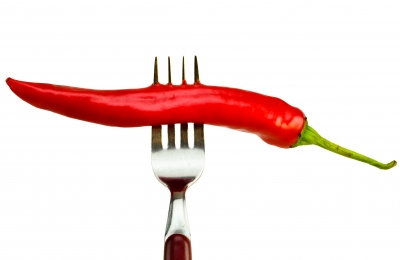 2. No Spicy Foods
2. No Spicy Foods
Some spicy foods can trick your nervous system into thinking its overheating. Your body acts just like it does when you're outside in 95-degree heat. Your internal thermometer sends out a signal that activates your sweat glands. Other foods such as hot coffee, hot tea, and hot soups may make some people sweat, even though their core body temperature isn't hot.
 3. Aloe Vera
3. Aloe Vera
How to reduce body heat? Try the magic cure! Aloe gel is the clear substance found in the aloe plant, and many people use it topically as a remedy for skin conditions such as sunburns. To help reduce a fever, try drinking a tonic of aloe vera juice prepared by adding 2 tablespoons of aloe vera gel to any fruit juice. However, do not consume more than one tonic of aloe vera gel a day.
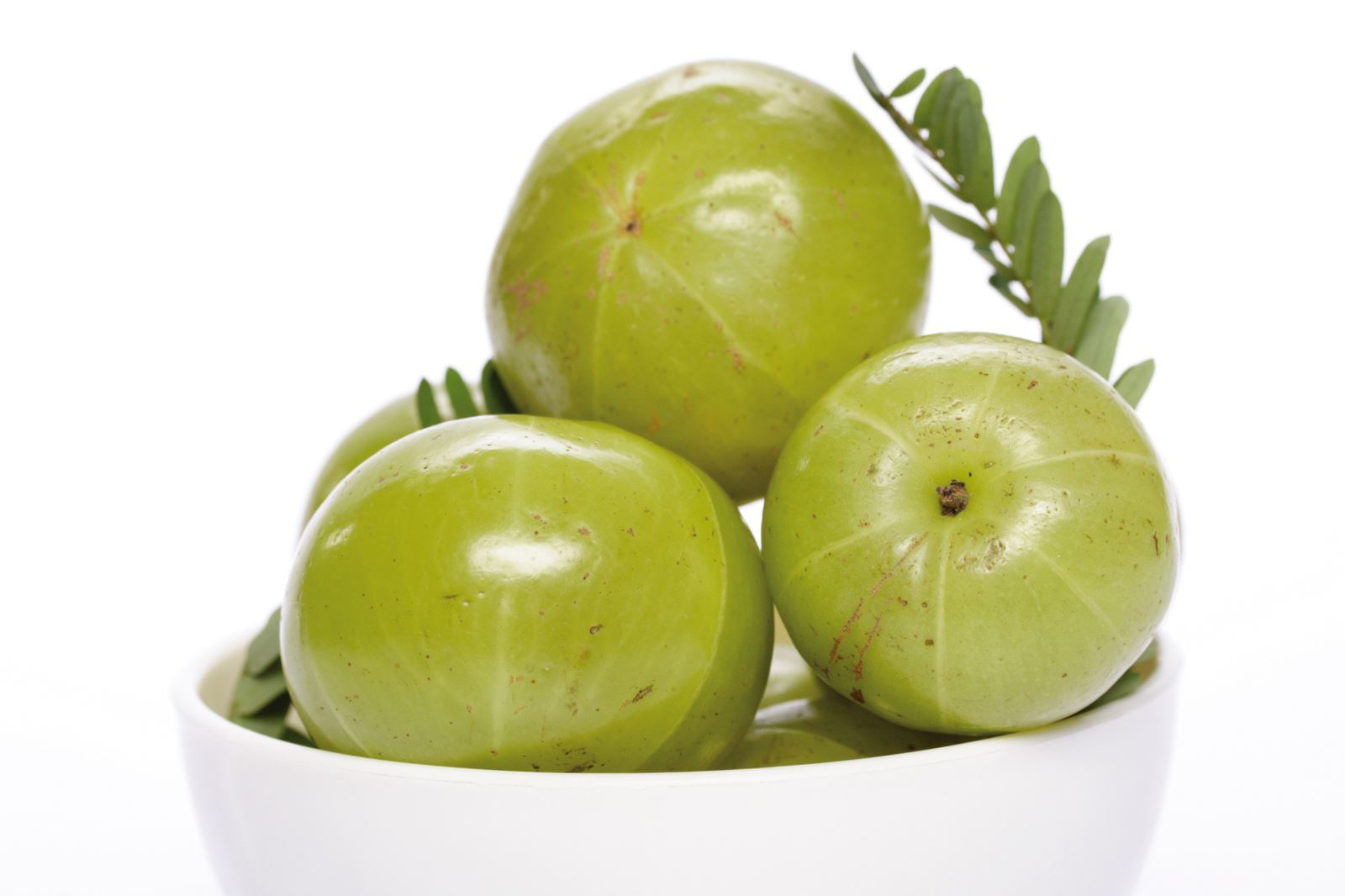 4. Indian Gooseberry
4. Indian Gooseberry
Indian gooseberry juice (amla) contains two important tannins (gallic acid and ellagic acid), which have a protective effect on the skin because they are rich in vitamin C. It improves the tannins that help shield the skin from heat and light. To prepare an elixir of gooseberry juice, just add 2 teaspoons of amla juice, 1 teaspoon of raw honey, and 1 teaspoon of lemon juice to a glass of water.
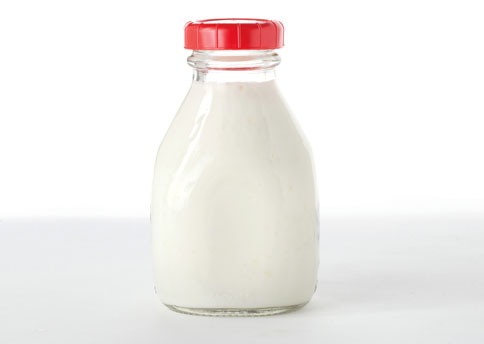 5. Buttermilk
5. Buttermilk
Another excellent herbal treatment for fever is drinking buttermilk. It prevents dehydration, aids recovery, and is easy on the stomach. Drink a couple of glasses of buttermilk a day until you are fully recovered. There are many ways to consume buttermilk, for example, add 2 teaspoons of freshly extracted juice of coriander leaves to 1 cup of buttermilk; or add the pulp of a banana with a glass of buttermilk. Drink twice daily for one to two weeks.
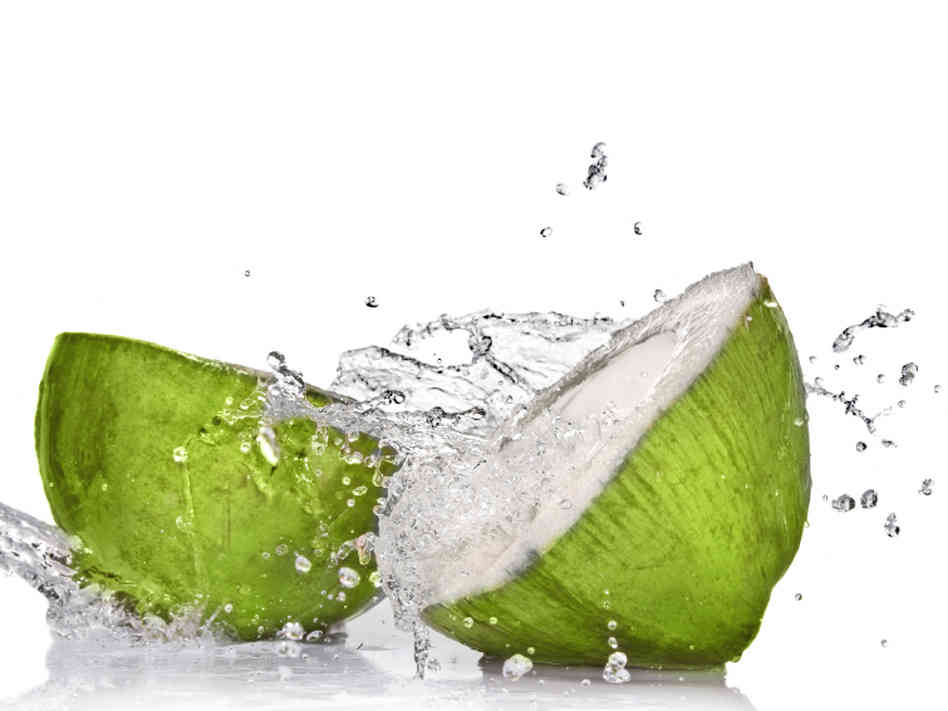 6. Coconut Water
6. Coconut Water
Another natural way to re-hydrate your body is with coconut water. It’s low in calories, cholesterol free,and includes all the important electrolytesyour body needs to stay healthy.Its nutty flavoured taste can be enjoyed as much as you like. You can drink it poured from the coconut in a glass, or use a straw straight from the coconut. This easily digestible beverage may be consumed for three to four days when suffering from an overheated body.
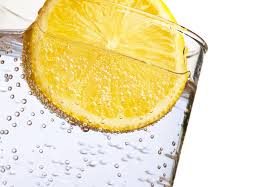 7. Lemon Water
7. Lemon Water
Research has found that consuming vitamin C can help protect the skin against sunburn, and the antioxidants and vitamin C found in lemons work by speeding up the skin's natural repair systems and helping protect it against further damage from the sun. Sometimes, people put lemon juice on their skin to protect it from the sun while others enjoy it as a refreshing drink made with the juice of lemon water by adding 2 teaspoons honey and a pinch of salt to taste.
 8. Watermelon
8. Watermelon
Want to know how to reduce body heat from your body with anti-oxidant lycopene and vitamin-A? These juicy melons are a great source of much-needed water and electrolytes, and they are also rich in an amino acid called citrulline, which help relax and dilate blood vessels thus increase the blood flow to the skin. You can enjoy the slice, or make a cool slushy by blending 4 cubes of seedless watermelon, 10 ice cubes, 1/4 cup sugar, juice of one lime, and pinch of salt.
 9. Cucumbers
9. Cucumbers
These water-packed vegetables are a great snack or side dish to offset the heat. They have many health benefits including high in water and fibre content. Because of their diuretic properties, cucumbers can also help flush toxins out of your body, while maintaining healthy tissue and skin. They are great to eat by themselves, sliced into a favorite salad, or served as an elixir by blending a cucumber with a dash of lemon juice.
 10. Mint and Peppermint
10. Mint and Peppermint
Mint and peppermint are natural energy boosters, which help to relieve anxiety, and fight fatigue. You can enjoy mint and peppermint as a cool and refreshing herbal tea. Try taking a few sprigs of fresh mint or 1 to 2 teaspoon of dried mint and add it to a cup of boiling water, steep 3 to 4 minutes, strain and let cool. Then add a 1/2 teaspoon of lemon juice and a teaspoon of honey. Finish it off with enough ice cubes to cool it down and enjoy.
